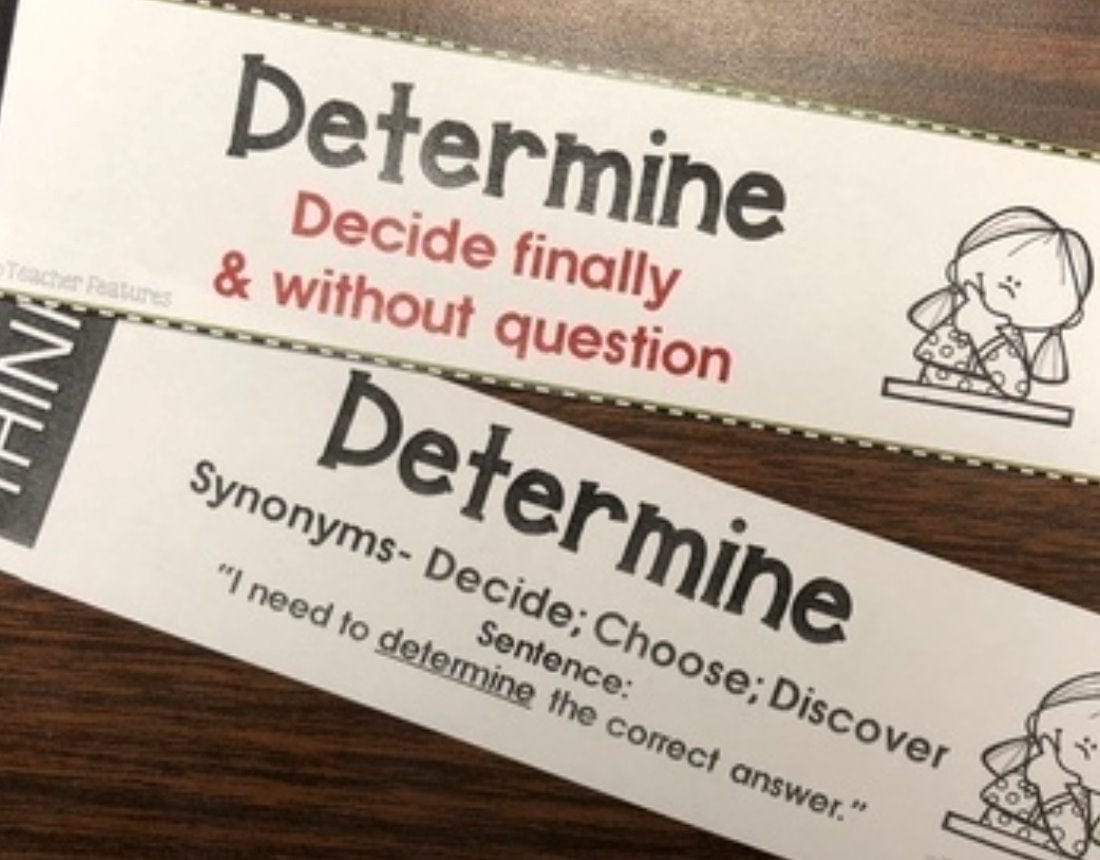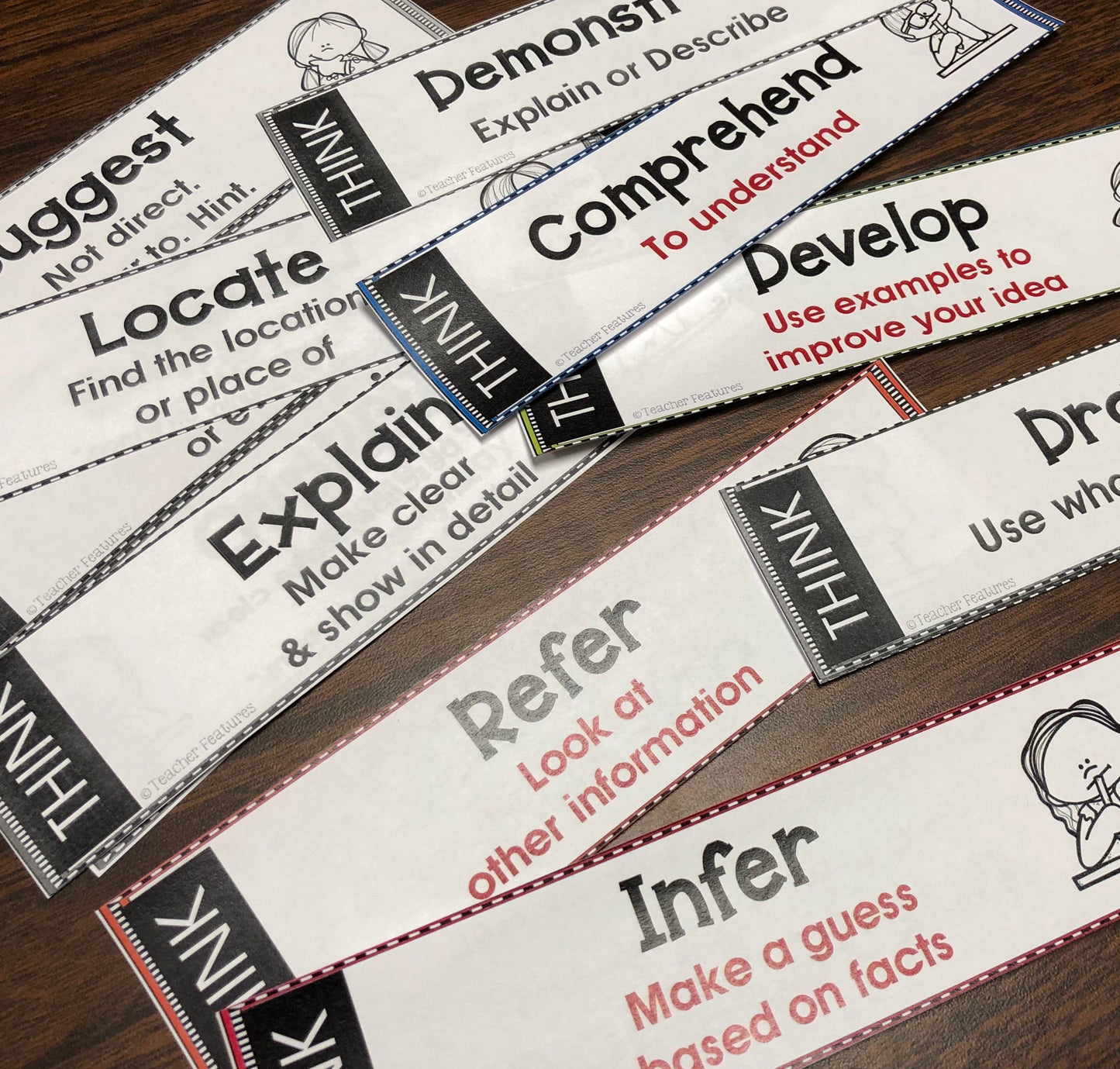1
/
of
7
Teacher Features
Test Prep Vocabulary Bookmarks & Activities | Vocabulary Word Wall for 2nd-4th Grade
Test Prep Vocabulary Bookmarks & Activities | Vocabulary Word Wall for 2nd-4th Grade
Regular price
$6.75 USD
Regular price
Sale price
$6.75 USD
Unit price
/
per
Shipping calculated at checkout.
Couldn't load pickup availability
Directly teach vocabulary words by using activities that help students define words encountered in standardized testing. Students learn one(or two) vocabulary word per week to improve reading comprehension. All of the 36 words are commonly encountereed during standardized tests.
Lack of vocabulary knowledge often gets in the way of students not understanding what to do on standardized tests. This resource provides a proactive way to help your students be fully prepared for testing!
⭐️ SEE THE PREVIEW FOR LIST OF WORDS.
Includes:
- (4) Graphic Organizers
- (36) Double-sided Bookmarks (containing synonyms, definition & a sentence example)
- (36) Flashcards
By teaching unfamiliar vocabulary, students will be able to grasp vocabulary words that they may encounter on the test.
CCSSL.2.6
Use words and phrases acquired through conversations, reading and being read to, and responding to texts, including using adjectives and adverbs to describe (e.g., When other kids are happy that makes me happy).
CCSSL.3.4
Determine or clarify the meaning of unknown and multiple-meaning words and phrases based on grade 3 reading and content, choosing flexibly from a range of strategies.
CCSSL.3.4a
Use sentence-level context as a clue to the meaning of a word or phrase.
CCSSL.3.6
Acquire and use accurately grade-appropriate conversational, general academic, and domain-specific words and phrases, including those that signal spatial and temporal relationships (e.g., After dinner that night we went looking for them).
CCSSL.4.4a
Use context (e.g., definitions, examples, or restatements in text) as a clue to the meaning of a word or phrase.
CCSSL.4.6
Acquire and use accurately grade-appropriate general academic and domain-specific words and phrases, including those that signal precise actions, emotions, or states of being (e.g., quizzed, whined, stammered) and that are basic to a particular topic (e.g., wildlife, conservation, and endangered when discussing animal preservation).
©Teacher Features
Share














